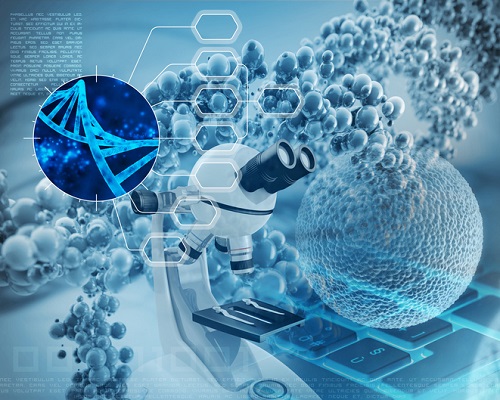In a joint report, the two academies outline the state of the art in the use of stem cells in human therapy. They describe in detail the major changes required to move from laboratory work to the industrial stage by complying with European and French regulatory provisions. Finally, they make recommendations to enable France to participate more effectively in ongoing developments in this field, which is currently booming at the international level.
The dramatic increase in the results obtained in the use of stem cells in human therapy suggests that it is now possible to use these cells to treat a large number of patients suffering from diseases that are not or not fully curable to this day, such as myocardial infarction, macular degeneration, arthrosis and skin ulcers through mechanisms of regeneration of damaged tissues, whereas until now only bone marrow stem cell transplants have been used in the treatment of leukaemia and genetic diseases.
The production of stem cells for the treatment of human diseases, initiated in research laboratories, is being taken over by the pharmaceutical industry, whose objective is to develop these new therapies classified in Europe under the generic name of “Advanced Therapy Medicinal Products” or ATMP, after ensuring that there are no harmful effects, that the preparations are homogeneous and reproducible, that they are produced in sufficient quantities and at a reasonable cost.
This paradigm shift involves a significant scale-up of cell production processes and their preparation to make them identical to those used for drugs available on the market.
Ongoing developments mainly concern mesenchymal cells and allogenically induced pluripotent cells (iPS). Embryonic cells are the subject of fundamental research on embryo development, but are not very involved in therapeutic trials because of the limitations imposed by bioethics laws. The ongoing updating of these laws should make it possible to expand their use.
The academies recommend facilitating access for manufacturers to raw materials for the manufacture of ATMPs, by allowing the French Blood Establishment and cord blood banks to provide them with the cells necessary for the manufacture of an ATMP or by facilitating the import and export of cells and biological raw materials necessary for the production of ATMPs while respecting traceability rules.
In the area of risk prevention, the academicians recommend that all results of therapeutic trials and any incidents that have occurred, including trials that have not yielded positive results, should be published on a dedicated website.
This report also takes stock of the regulatory conditions required in Europe and France and warns that projects developed on national soil should not be subject to a higher level of requirements than those of other European countries.
In order to support the creation of start-ups for the industrial production of stem cells, the academicians recommend promoting the development of platforms to provide the necessary support for industrialisation to small production structures, strengthening training in relevant technologies in universities or engineering schools and creating the financial conditions for companies to move up to phase III clinical trials to enable the emergence of new pharmaceutical groups specialising in this area of regenerative medicine.
(Report in French)

